The sanctuary of St John’s Church in Hoxton, London, was a hive of activity: nearly a dozen tables had been set up with power banks, laptops, tablets, notepads and coffee cups, all essentials in a 24-hour challenge. At each table, a team of volunteers was beavering away, all aiming to solve problems with technology.
Kingdom Code‘s BUILD is a Christian-run event held over October 10-11 that brings together creatives, developers, designers, entrepreneurs, ideators and innovators. Starting from Friday evening and continuing through to Saturday night, the volunteers are given a range of projects all aimed at helping the Church in a variety of ways.
Among this year’s crop of projects was one aimed at helping a charity with translations, another that would create a star-map interface for those wanting to visualise the Bible better, and another was aimed at transferring a mobile game to desktop machines.
Other projects included helping the charity Christians Against Poverty with a tool that would let its clients upload documentation themselves, while the Family Journey Copilot project would use AI to help caseworkers quickly document a family’s story, helping with the handover to care placements.
And, of interest to Aurahear, is The Auracast Pathfinders project.
The brief given to the team details how many will access Auracast within a church setting: the sermon will be heard through earbuds or hearing aids, while at conferences, people can choose from multiple audio streams.
The citation reads: “worship music for the prayer room, children’s activities from the kids’ zone, or the main teaching – all through your phone”.
It continues: “Unlike traditional centralised sound systems, Auracast enables a loose network of dedicated transmitters and receivers. There can be multiple audio feeds from different hosts. Expected range 50+ metres. In addition, any individual’s Auracast phone can be both a transmitter and receiver. These networks can be daisy-chained to cover entire stadiums, and they benefit everyone – not just those with hearing difficulties.”
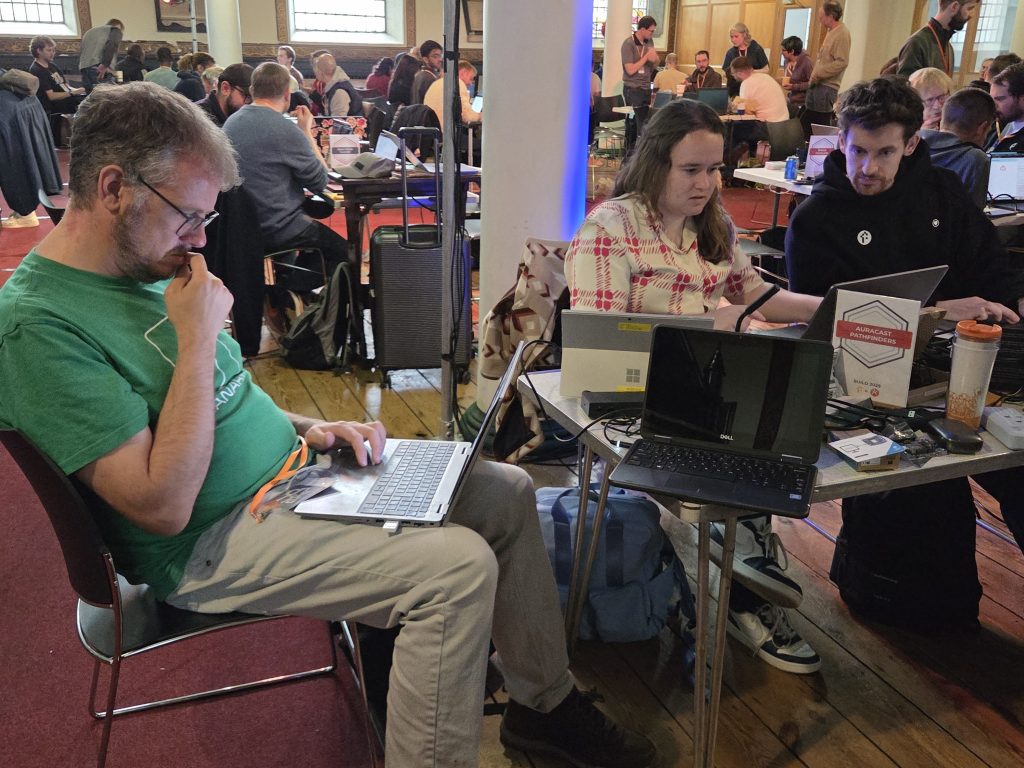
The project aimed to build a white-label open-source Auracast Assistant as a core discovery tool while investigating ways to upgrade older phones to become Auracast-friendly. The group were also exploring multi-service environments where different hosts offer various audio streams, and prototyping peer-to-peer capabilities for private group sharing.
Leading the Auracast Pathfinders group was Michael Jenkins, a Worthing-based champion for the technology. He explained that the initiative began because “there are like-minded people in the Church who wanted to make Auracast work”.
His own experience has come from trying to set up an Auracast in Goring cricket club – “They’re probably the first in the UK … unless someone can tell me there is another one being built”, he says.
And as a hearing aid wearer, Michael has kitted himself out with ReSound Vivias, with its MultiMic+ microphone. This Auracast-enabled piece of kit is rarely out of his hand as he wanders around the church having conversations with people: it transmits the speech directly into his hearing aids, ensuring he doesn’t miss a thing.
Ahead of the event, Michael appealed for volunteers with experience in Bluetooth and audio engineering, as well as user experience and user interface design. He also asked for those with expertise in open-source development, Bluetooth 5.4, and its Auracast specifications.
It should also come as no surprise that the team ensured the Kingdom Code event had Auracast functionality – built between midnight and 3am – so that when the Christians present came together for times of prayer and worship, the audio was Auracast as well as the loop.
They used the Homespot BA210 plugged into the church’s AV desk for this. Unlike the portable AV unit installed at our church, this sound desk is a permanent fixture, demonstrating that any church can install Auracast for around £50.
Tackling the technical challenges of Auracast head-on
Building new applications for a cutting-edge technology like Auracast is no small task. The work involves localising the LE Bluetooth software that interfaces directly with the Bluetooth Auracast standard, a specification still relatively new in the development community, even though Bluetooth 6.0 devices are starting to come to the market.
Michael views the Kingdom Code event as an ideal platform to accelerate Auracast’s progress, while also gaining insight into the challenges and pitfalls associated with creating installations and addressing user needs.
He came to Hoxton “to work with a whole bunch of people who are ready to solve the problems”.
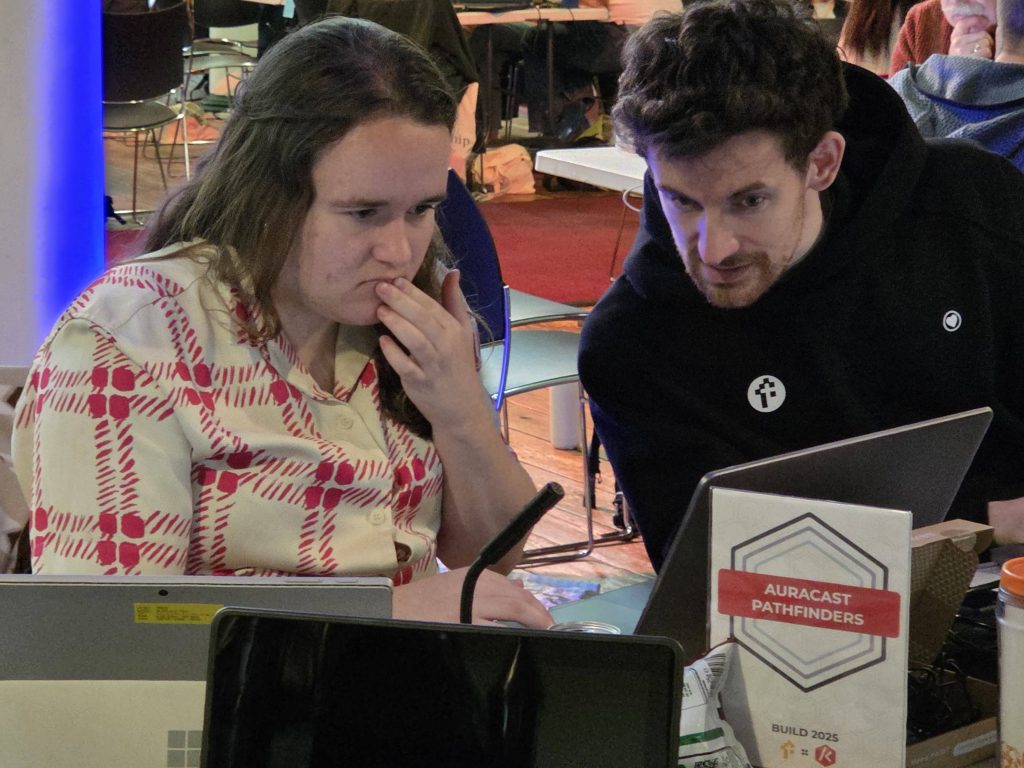
Around his table is a collection of volunteers all determined to help understand more about Bluetooth LE Audio, its codecs, and how it works with Auracast. And on the table are all manner of gadgets, including Avantree’s C82 HA transmitter, several FlooGoos that can act as receiver or transmitter, and a portable loop set from Opus Technologies.
All of which helps the team create some aural magic.
The collaborative nature of the hackathon is crucial, even if the environment was a learning experience for Michael.
“It’s quite illuminating,” he says. “Of the whole bunch of people, I’m probably the oldest by 50 years, so learning how to work in that environment is fun. Bluetooth 5.4 is not well-known, so it’s an education process, but we’re getting there.”.
One of the most encouraging takeaways from the 24-hour development period was the sheer speed and efficiency of collaboration when working with motivated, skilled volunteers.
Speaking at lunchtime on the Saturday, Michael is pleased with how solutions emerged. “It’s amazing how quickly that happens,” he says.
“I stood up at seven o’clock last night (Friday) and said, ‘This is what I want to do’, as one of the projects at Kingdom Code, and here we are on the way to having something.”
This enthusiasm for the technology isn’t limited to the development floor. Michael is particularly optimistic about the broader adoption of Auracast because he feels the right foundational support is being built – and, having experienced the technology firsthand, he knows the difference it can bring, particularly within a church environment where people from all walks of life come together. Some have very exacting needs.
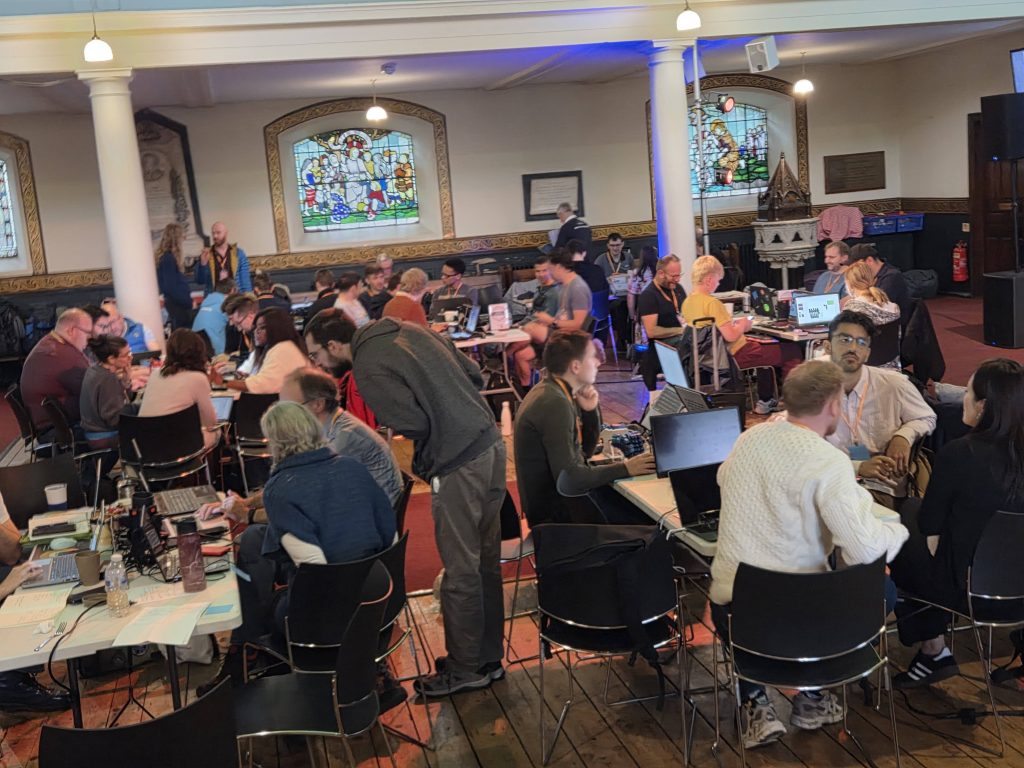
The group of people who came together at the Kingdom Code event has helped play a part in that adoption, helping raise awareness of the potential and also move the technology forward.
“I’m very excited,” he says of Auracast. “I’m not having to push against doors; they are all opening, and the right sort of people are getting involved: Some are software developers, some are in product development. Some are champions. All that is very powerful.”
By harnessing the energy of the Kingdom Code event, the Auracast Pathfinders are ensuring that the new era of public audio – accessible to anyone with a compatible set of headphones or hearing aids – is rapidly moving from specification sheet to real-world deployment.
Michael says of the team’s work: “I have some missing bits of the jigsaw filled”. This includes working on solutions using dongles for older Android and iPhones, including those with Lightning ports.
Now, he is working on plans for a return at next year’s event, continuing the work which he hopes will make Auracast more easily understood and easier for people to adopt.


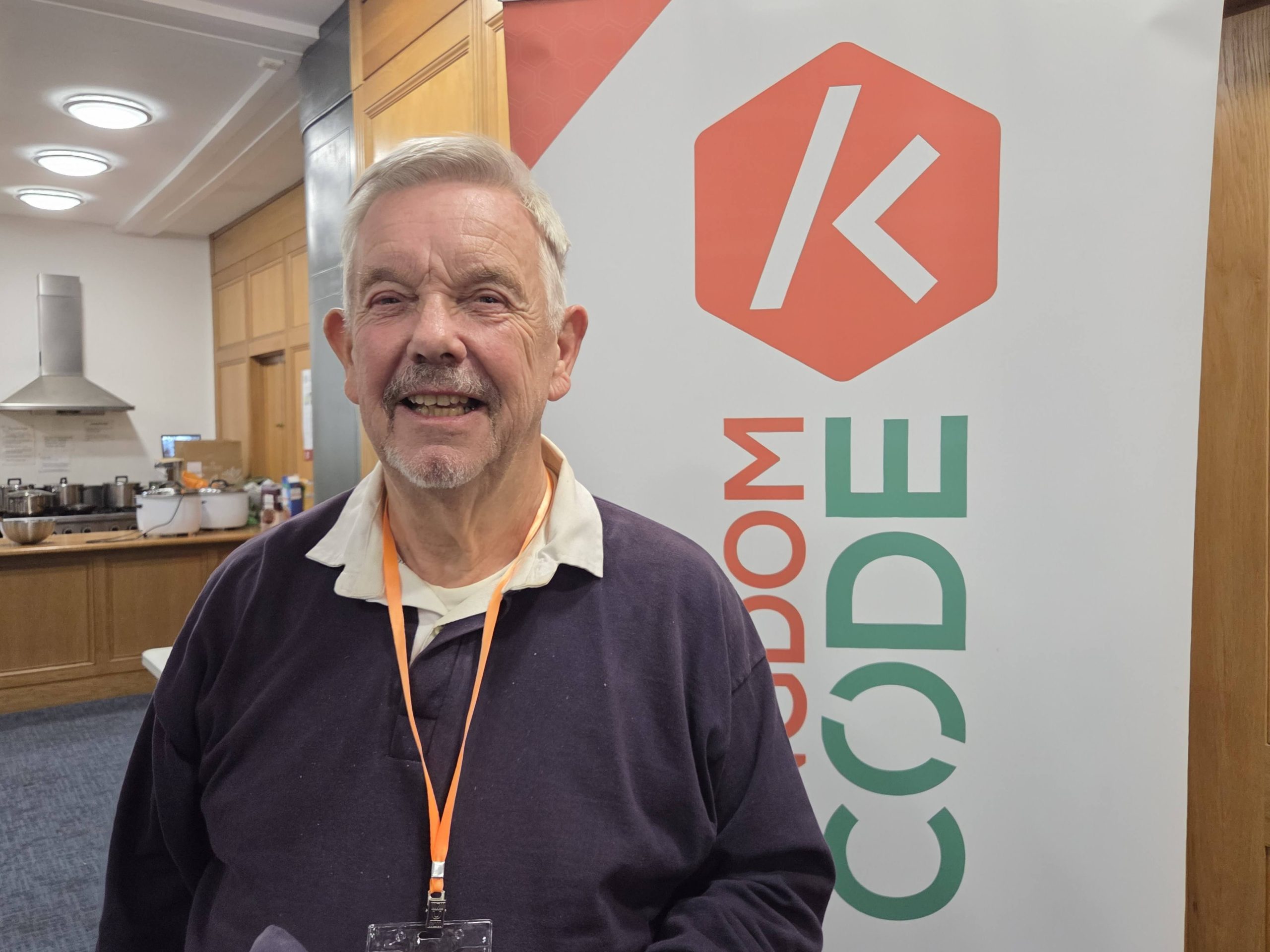
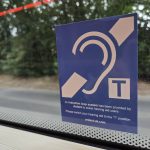
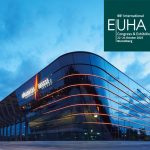
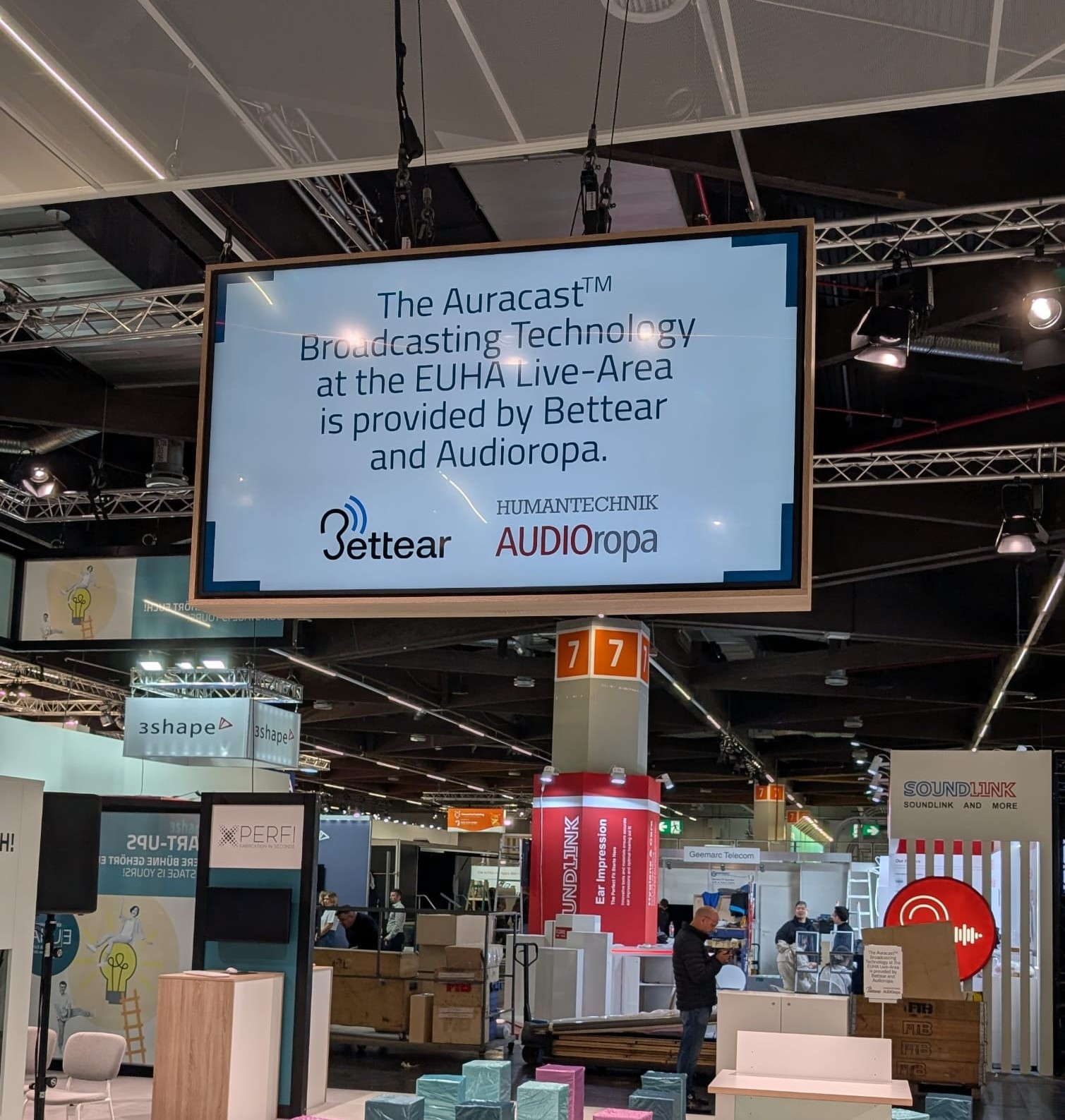
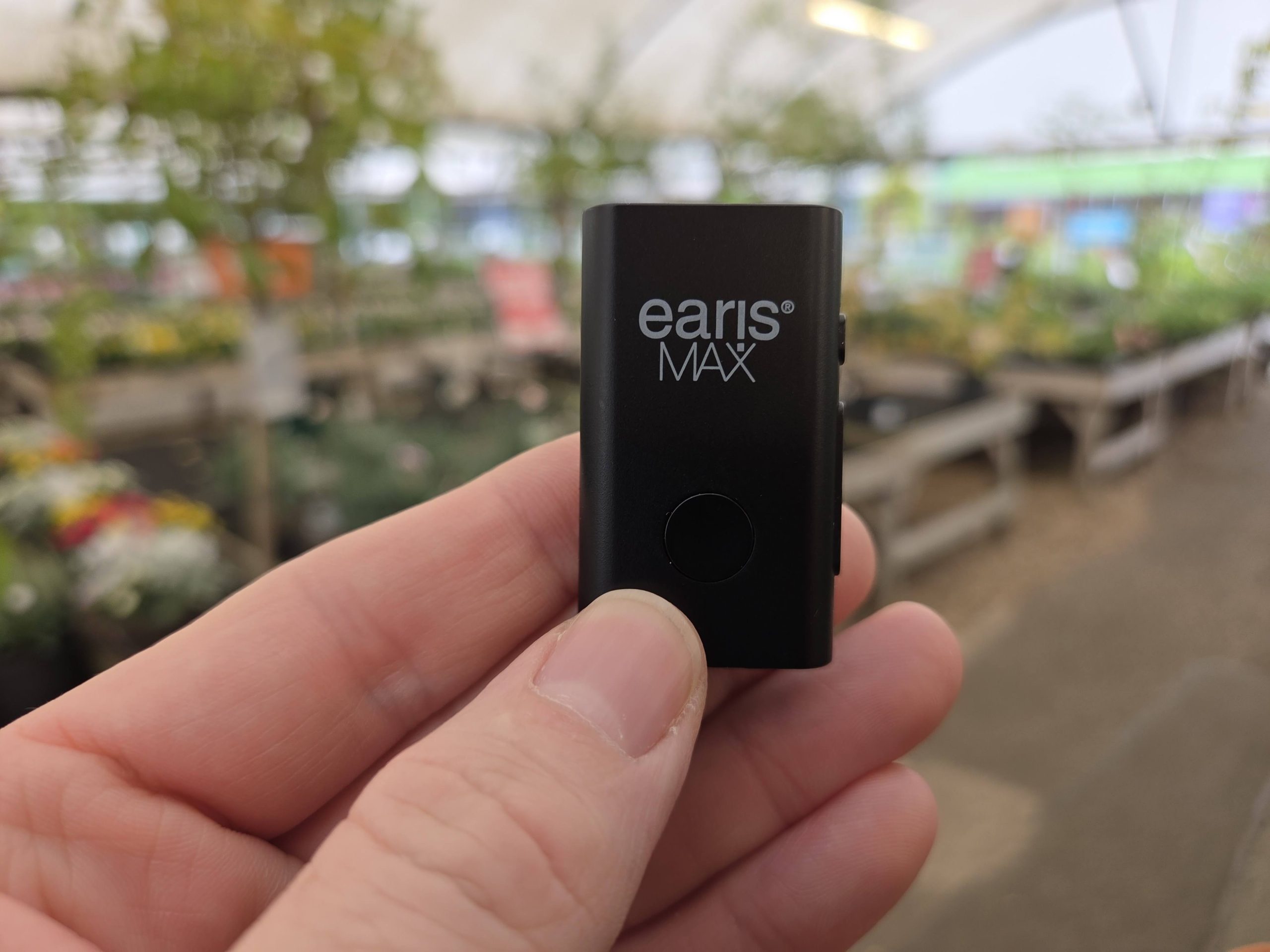
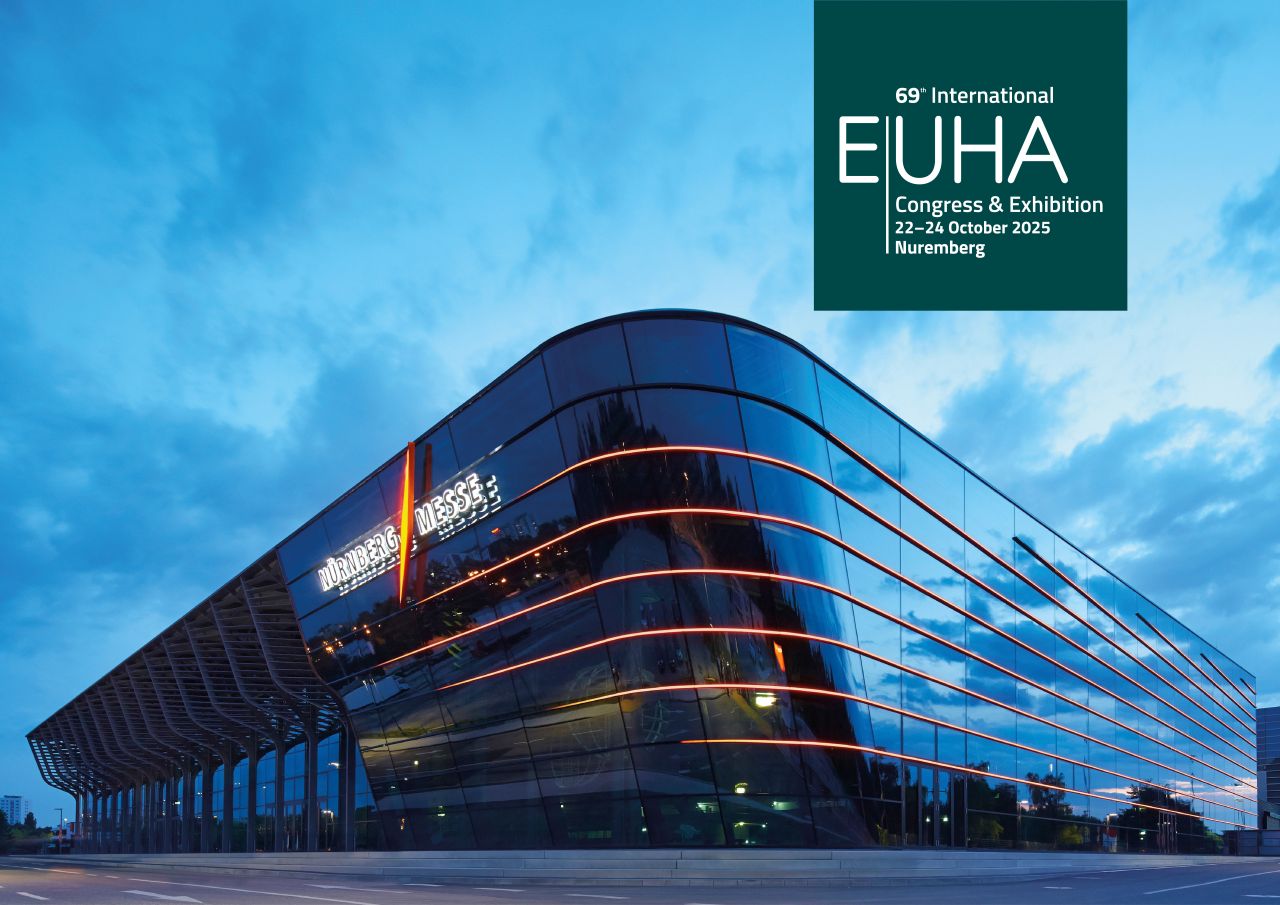
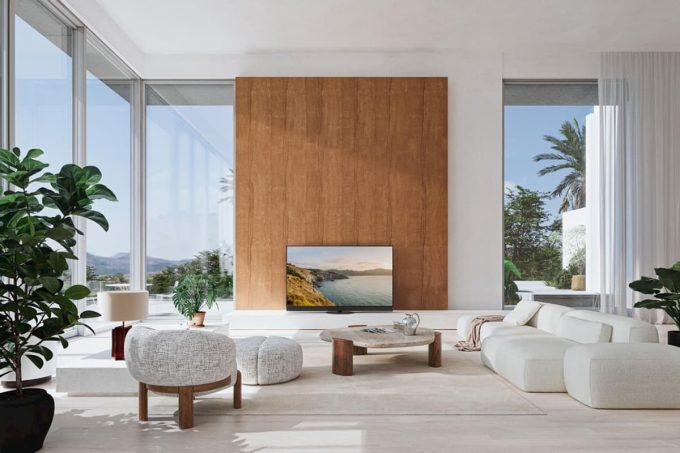
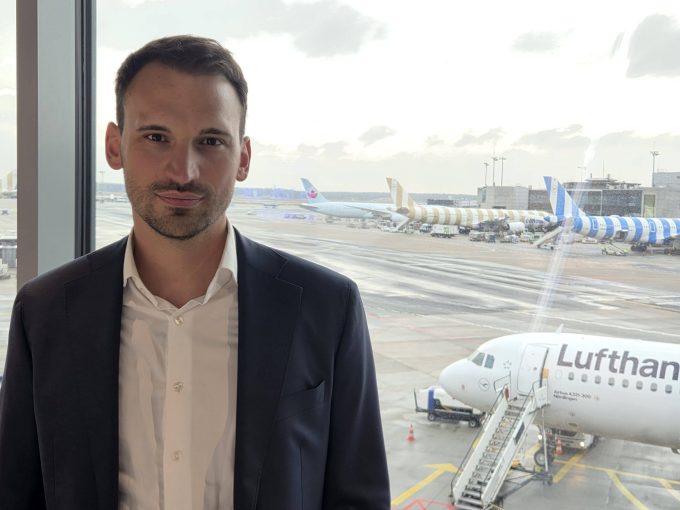
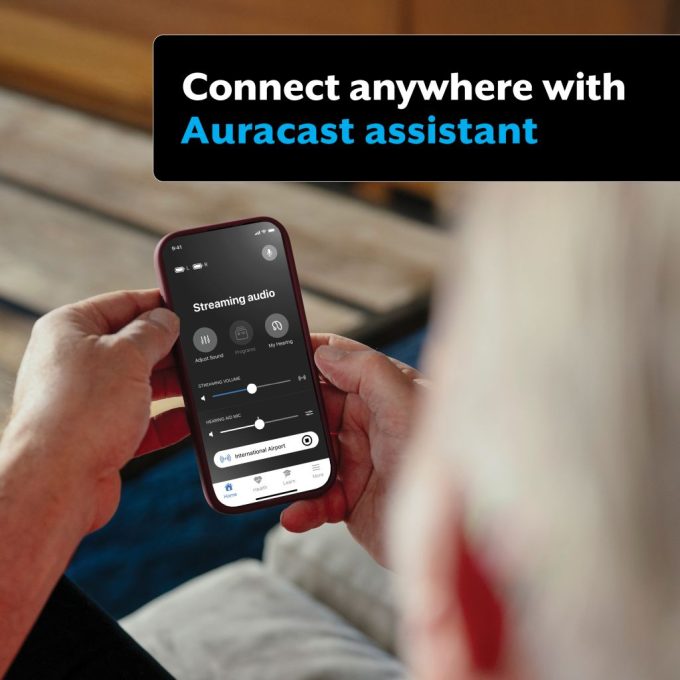
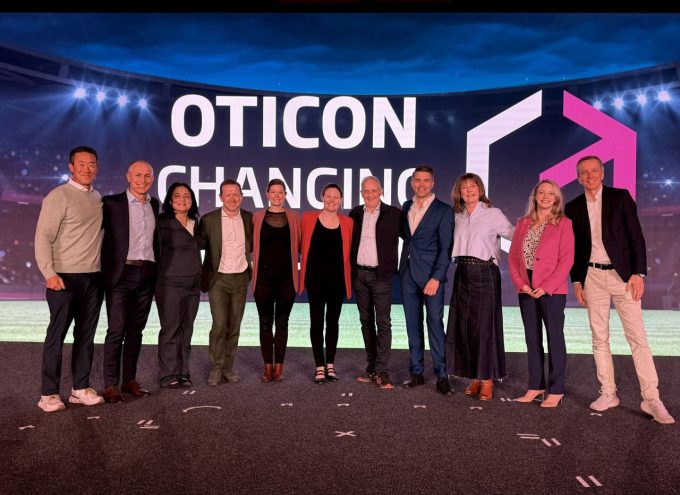

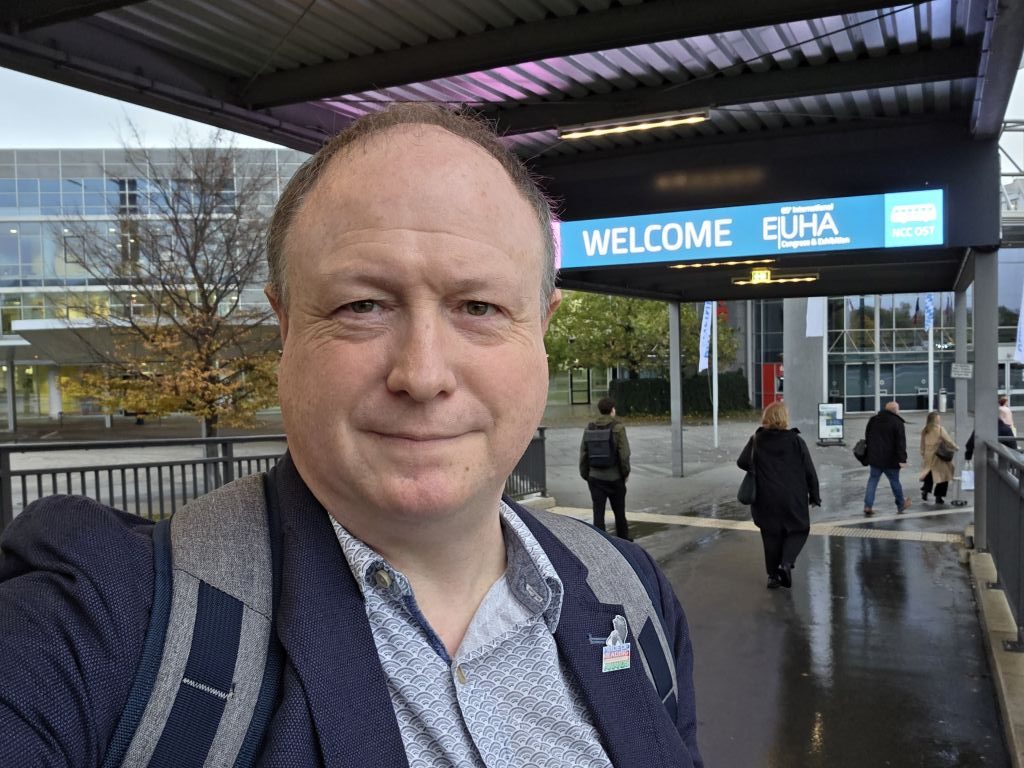
Leave a comment